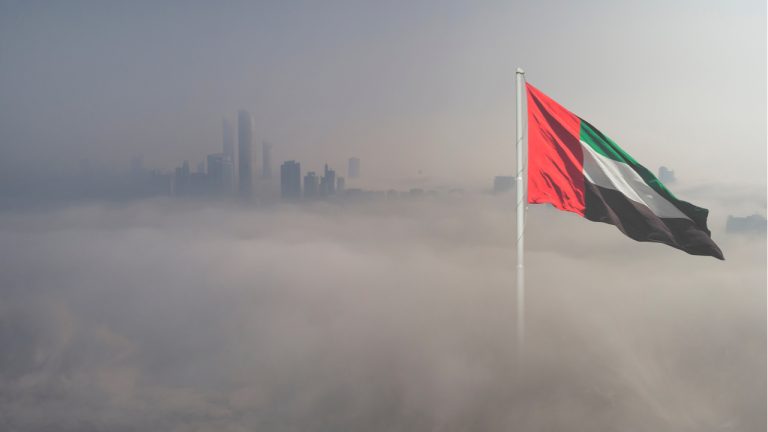
The Dubai Financial Services Authority (DFSA) has unveiled its plans to create a regulatory framework for cryptocurrencies. The announcement was part of its 2021-2022 business agenda released this week.
The Papers Will Be Released in the First Half of 2021
According to the watchdog, which regulates the Dubai International Financial Centre (DIFC), the upcoming crypto framework aims to expand on the existing rules. It includes the regulation of crypto issuers and trading platforms.
The document, signed by DFSA Chairman Saeb Eigner, reads:
We will build upon recent achievements in this space over the business planning period through developing a regulatory regime for digital assets (such as tokenized securities and crypto-currencies), having already implemented regulations supporting various innovative business models.
The financial watchdog explains that such crypto regulation’s expansion is part of the UAE’s National Innovation Strategy’s digital transformation.
Also, the regulator added that the regulatory approach is expected to facilitate innovation “while requiring strict adherence to the DFSA’s licensing, prudential and conduct requirements.”
Per The National, a local media outlet, the DFSA expects to publish two consultation papers with the purpose of gathering feedback. As a result, the watchdog will release both documents in the first half of 2021. The 2021-2022 business plan states:
The DFSA is committed to remain ‘open for business’ with respect to innovation in the financial services sector and we continue to explore how our regulatory regime can accommodate new and innovative business models.
DFSA’s Current Stance on Cryptocurrencies
In 2017, the DFSA referred to the crypto industry in the statement entitled “General Investor Statement on Cryptocurrencies.” At the time, the authority was vocal in its cautious stance on cryptos, considering elements such as initial coin offerings (ICOs) “high-risk investments.”
The watchdog wrote in its 2017 statement:
Accordingly, before engaging with any persons promoting such offerings in the DIFC, or making any financial contribution toward such offerings, the DFSA urges potential investors to exercise caution and undertake due diligence to understand the risks involved.
However, Dubai’s authorities have been issuing licenses through the Dubai Multi Commodities Centre (DMCC) to firms trading cryptocurrencies since 2017. The DMCC Free Zone is the largest and fastest-growing free economic zone in the UAE.
What do you think about the upcoming Dubai’s crypto regulation? Let us know in the comments section below.
Comments
Post a Comment